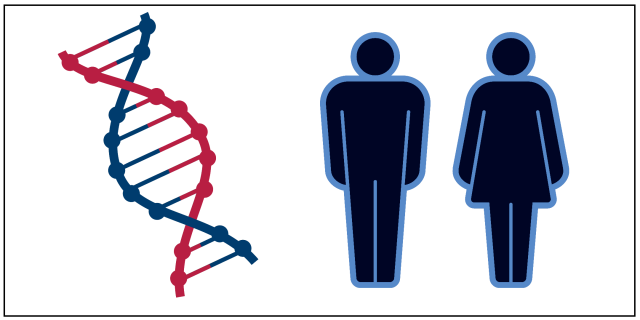
DNA testing is now an important way to find out about your family history, settle legal issues, and learn about your health. However, not every DNA test is used for the same thing. The DNA ancestry test and the legal DNA test are two options that people often choose. Each one meets very different needs. How you know these tests are different can help you pick the best one for your needs.
An Overview of DNA Ancestry Test
A DNA ancestry test looks at your genetic background to find out about your family’s past and where they are from. These tests look at your DNA to find ancestry relationships. They usually compare your genetic information with a huge library to find out where your relatives may have lived. With a DNA ancestry kit, you can find out what races you are related to, how your family moved, and even find distant cousins who share your genetic code.
The process is easy to understand. When you buy a DNA ancestry kit, you usually have to send a sample of your spit to the company that does the tests. Within a few weeks, you will get a report that breaks down your family tree and suggests possible relationships with relatives. This knowledge is interesting, but it’s not meant to be used for legal or medical reasons.
What Is a Legal DNA Test?
In contrast to the DNA ancestry test, a legal DNA test is used for official reasons, like proving fatherhood, blood connections, or immigration needs. There are strict rules about how accurate these tests must be and how the results must be kept so that they can be used in court or other legal settings.
To gather and handle samples for a legal DNA test, it’s usually necessary to have a third party there, like a doctor or an allowed collector. This step makes sure that the process can’t be changed and is stable. When clear proof of blood connections is needed, like in child custody cases, property claims, and adoption cases, these tests are often used.
Key Differences Between DNA Ancestry Tests and Legal DNA Tests
-
Purpose and Use:
Each test is meant to do something different. A DNA ancestry test is for personal use and can tell you about your family history and racial background. A legal DNA test, on the other hand, gives results that are legally binding and can be used to settle disagreements or meet formal requirements.
-
Accuracy and Standards:
Both methods look at DNA, but a legal DNA test has to be very accurate because the results have to be provided in court. There is close supervision during these tests, and tight chain-of-custody rules are followed. A DNA ancestry test, on the other hand, is less serious and doesn’t follow these rules. Instead, it looks at bigger genetic trends.
-
Cost and Accessibility:
DNA ancestry kits are easy to find and don’t cost too much. For example, most of them cost between $50 and $200. It’s easy to buy them in shops or online. A legal DNA test, on the other hand, costs more because you have to pay extra for collecting samples and keeping records. The higher cost is because the laws and procedures are more complicated.
-
Results and Reporting:
The results of a DNA ancestry test are meant to be easy to understand and interesting to explore. They usually come with maps and charts that show your genetic background. While, legal DNA test results are simple and only focus on proving connections, without any extra knowledge.
Which Test Is Right for You?
Your goals will help you decide between a DNA ancestry test and a legal DNA test. A DNA ancestry kit is helpful to find out about your genetic history and learn about where your family came from. A legal DNA test is necessary, though, if you need proof in court or to accurately establish blood connections.
There are a number of companies that sell complete DNA ancestry kits with extensive databases and thorough reports for people who want to learn more about their ancestry. For example, Choice DNA is a known lab that provides services for both DNA ancestry tests and legal DNA tests. They always make sure that the results meet all legal requirements.